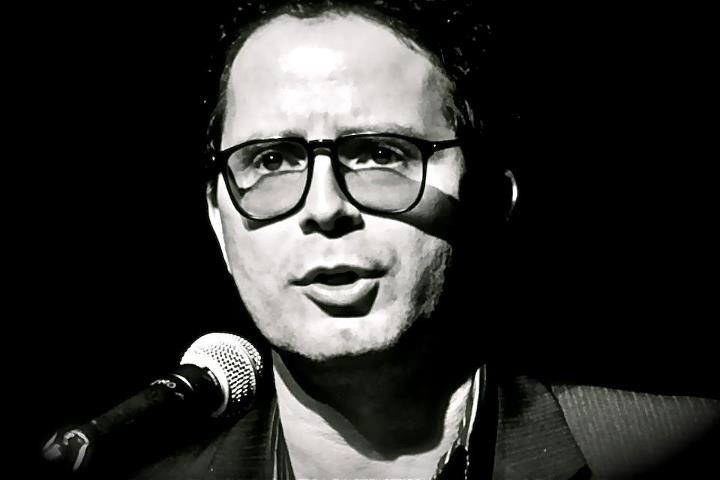Colombian Army commander Mario Montoya resigned today http://news.bbc.co.uk/2/hi/
 The Fellowship of Reconciliation believes General Montoya’s departure because of criticism of his human rights record reflects an important step in the effort to make human rights a central measure for military officers’ performance. We urge Colombian authorities to pursue all relevant investigations of crimes committed under General Montoya’s command.
The Fellowship of Reconciliation believes General Montoya’s departure because of criticism of his human rights record reflects an important step in the effort to make human rights a central measure for military officers’ performance. We urge Colombian authorities to pursue all relevant investigations of crimes committed under General Montoya’s command.President Uribe announced this afternoon that the replacement for Army chief General Montoya will be General Oscar Enrique González Peña http://www.elespectador.com/
General González Peña was commander of the Fourth Brigade, based in Medellín, from December 2003 to July 2005, when the army reportedly committed 45 extrajudicial executions in eastern Antioquia, according to a report last year by a coalition of human rights organizations known as Human Rights and Humanitarian Law Observatory. (http://www.dhcolombia.info/
González Peña also commanded the 11th Brigaade in Cordoba in 2002-03, when the paramilitaries were operating freely in the area and the Army apparently could do nothing about it. In 2005, he commanded the Seventh Division, with jurisdiction over the brigades with among the worst human rights records in the Army: the 11th, 17th, 4th and 14th Brigades. He attended the School of the Americas in Panama in 1980.
“The Colombian government presumably sought to replace General Montoya with an officer with a spotless record,” said John Lindsay-Poland, of the Fellowship of Reconciliation. “But the reported executions of civilians under General González Peña’s command suggests that such high-ranking officers in the Colombian army are far and few between.”
The United States continues to fund the training and operations of these officers. The Fellowship urges activists, journalists, and legislators to ask when the United States will stop the unconditional flow of lethal assistance to the Colombian Army. And we call on the incoming administration in Washington to cease such assistance as criminal and ineffective in its aims.
--
Fellowship of Reconciliation
Task Force on Latin America and the Caribbean
369 15th St., Oakland, CA 94612
Tel: 510-763-1403 Fax: 510-763-1409
Web: http://www.forcolombia.org
http://www.forusa.org

No comments:
Post a Comment